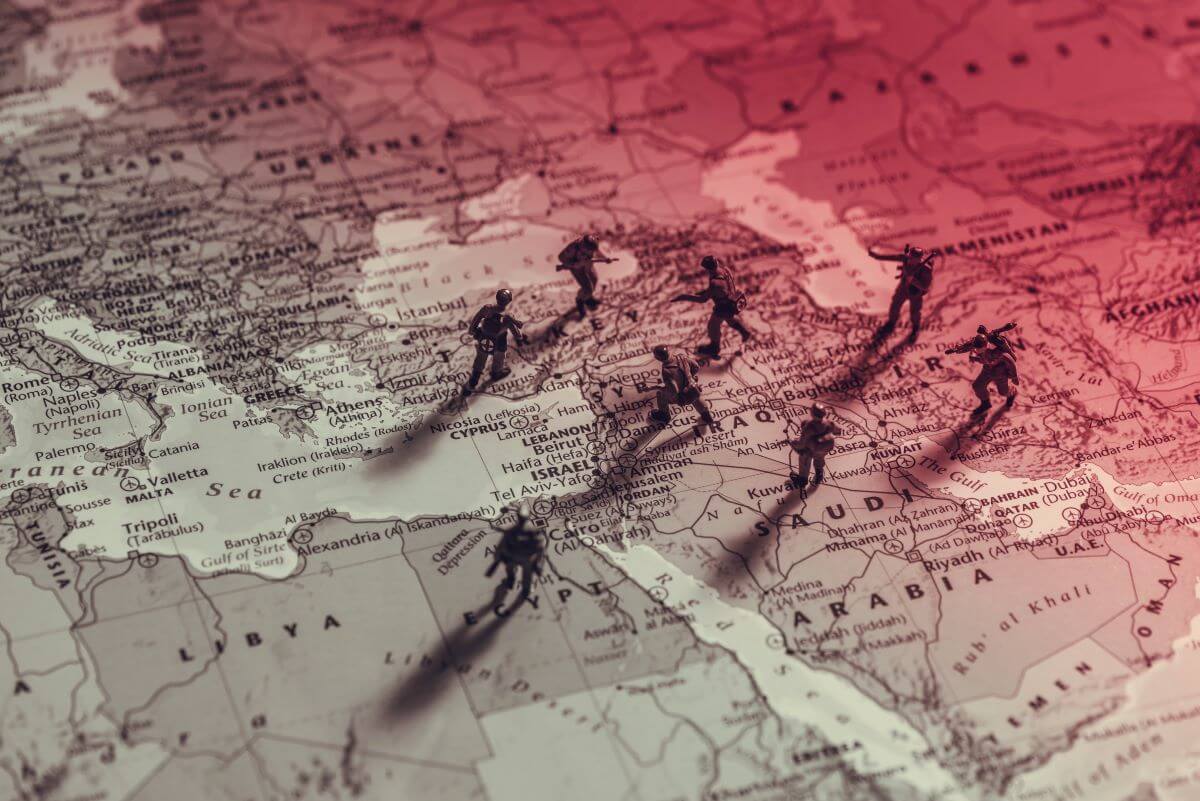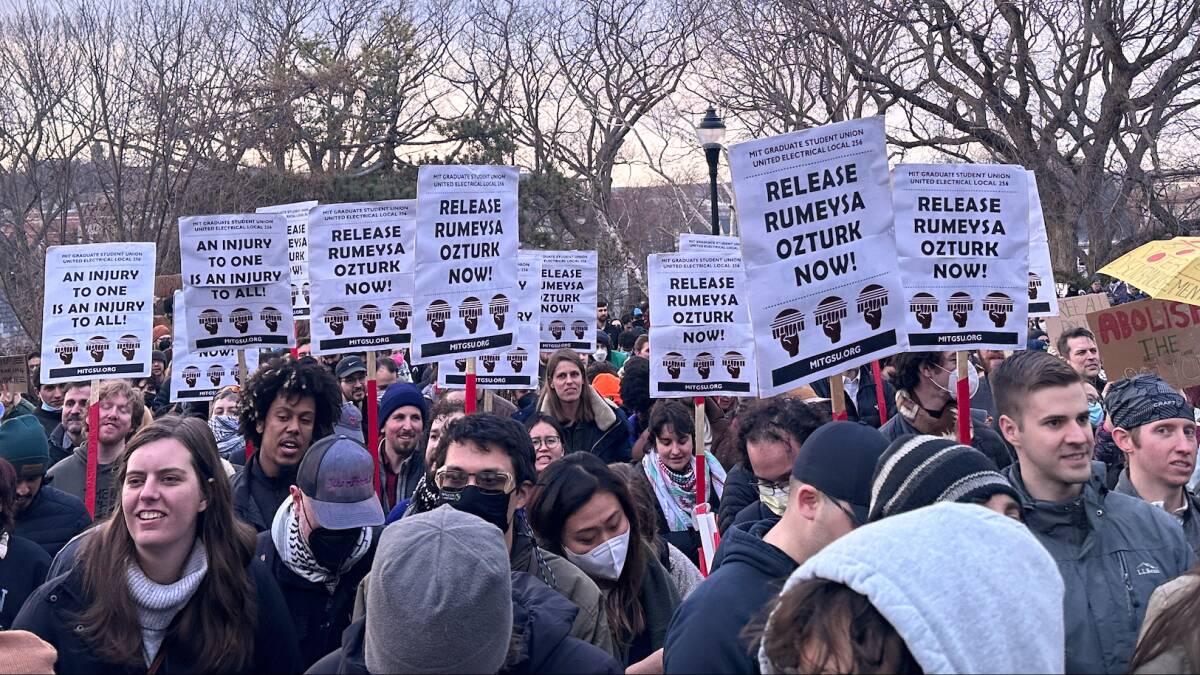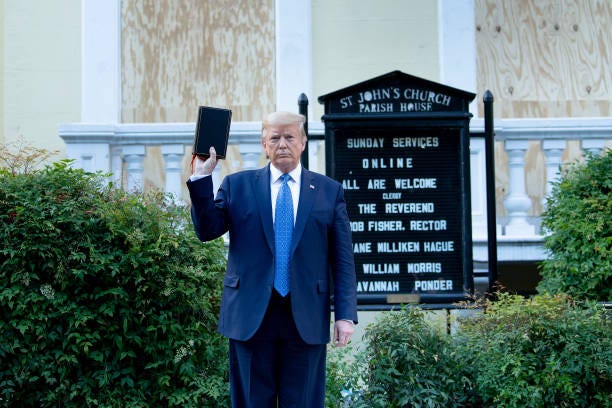Messianic Prophecy vs. Geopolitical Ambition: How Religious Narratives Mask Expansionist Agendas
Religion
2025-04-29 15:58:42Content

The Mahdi: A Glimmer of Hope Amidst Chaos
In the midst of relentless turmoil sweeping across the Arab world—where conflicts rage, blood continues to flow, and societies fracture under unprecedented strain—a subtle yet powerful whisper of hope emerges from the hearts of ordinary people. This hushed sentiment speaks of imminent deliverance, of a prophetic figure whose arrival could potentially transform the current landscape of despair.
As nations crumble and communities are torn apart by successive waves of violence and political upheaval, many find solace in the ancient prophecy of the Mahdi—a messianic figure believed to bring justice, peace, and spiritual renewal to a world consumed by darkness and division.
The growing anticipation is palpable. Amid the chaos, people are increasingly looking beyond their immediate suffering, seeking a transcendent promise of ultimate redemption and hope. The whispered belief in the Mahdi's imminent appearance becomes a lifeline of spiritual resilience, offering comfort to those who feel overwhelmed by the seemingly endless cycle of destruction and despair.
While the future remains uncertain, this deep-rooted belief continues to provide a beacon of hope for many, suggesting that even in the darkest of times, the potential for profound transformation and healing remains possible.
Echoes of Hope: The Mystical Prophecy of Redemption in the Turbulent Middle East
In the heart of a region perpetually scarred by conflict, a profound spiritual narrative emerges, weaving together threads of hope, resilience, and divine intervention amidst the complex geopolitical landscape of the Middle East.When Ancient Prophecies Whisper Hope in Times of Darkness
The Spiritual Landscape of Unrest and Anticipation
The Middle Eastern geopolitical terrain has long been characterized by intricate layers of conflict, where historical tensions and contemporary political dynamics intersect with deep-rooted spiritual expectations. Within this complex environment, the concept of the Mahdi—a messianic figure prophesied to emerge during humanity's most challenging period—represents more than a religious narrative; it embodies collective hope for transformative redemption. Theological scholars and regional experts have long analyzed the profound psychological impact of such eschatological beliefs. The anticipation of a divine savior serves not merely as a religious construct but as a powerful mechanism of collective resilience, offering solace to populations experiencing prolonged systemic challenges and seemingly insurmountable societal fractures.Geopolitical Fragmentation and Spiritual Yearning
Contemporary Middle Eastern societies are experiencing unprecedented levels of fragmentation, with national boundaries increasingly resembling fluid constructs rather than stable political entities. The continuous cycles of conflict—ranging from interstate tensions to internal sectarian struggles—have systematically eroded social cohesion and institutional stability. Against this backdrop of persistent uncertainty, the prophetic narrative of the Mahdi emerges as a compelling psychological counterpoint. It represents a transcendent promise of ultimate justice and reconciliation, offering a narrative of hope that extends beyond immediate geopolitical constraints. This spiritual expectation becomes a crucial emotional and philosophical anchor for populations navigating extreme political volatility.Theological Interpretations and Contemporary Relevance
Islamic eschatological traditions surrounding the Mahdi are remarkably nuanced, encompassing diverse interpretative frameworks across different theological schools. While core narratives share fundamental similarities, regional and sectarian variations introduce rich layers of complexity to this prophetic expectation. Scholarly discourse suggests that the Mahdi concept represents more than a passive waiting for divine intervention. Instead, it embodies an active spiritual philosophy encouraging personal and collective transformation, emphasizing human agency in creating conditions conducive to societal healing and regeneration.Psychological Dimensions of Prophetic Anticipation
The collective psychological mechanism of awaiting a transformative figure reveals profound insights into human resilience. By maintaining hope during periods of extreme adversity, communities develop sophisticated coping strategies that transcend immediate material challenges. Psychological research indicates that such eschatological narratives provide critical emotional scaffolding, enabling populations to maintain psychological equilibrium amid systemic disruptions. The Mahdi prophecy, in this context, functions as a sophisticated collective defense mechanism, offering a sense of ultimate meaning and potential redemption.Sociopolitical Implications and Future Trajectories
The persistent resonance of messianic expectations in the Middle East suggests a complex interplay between spiritual beliefs and sociopolitical dynamics. Far from being a mere theological abstraction, these narratives actively shape collective consciousness and potentially influence political mobilization strategies. Contemporary geopolitical analysts increasingly recognize the profound significance of such spiritual narratives in understanding regional complexities. The Mahdi prophecy represents a powerful lens through which broader societal transformations can be comprehended, offering insights that extend beyond conventional political analysis.RELATED NEWS








